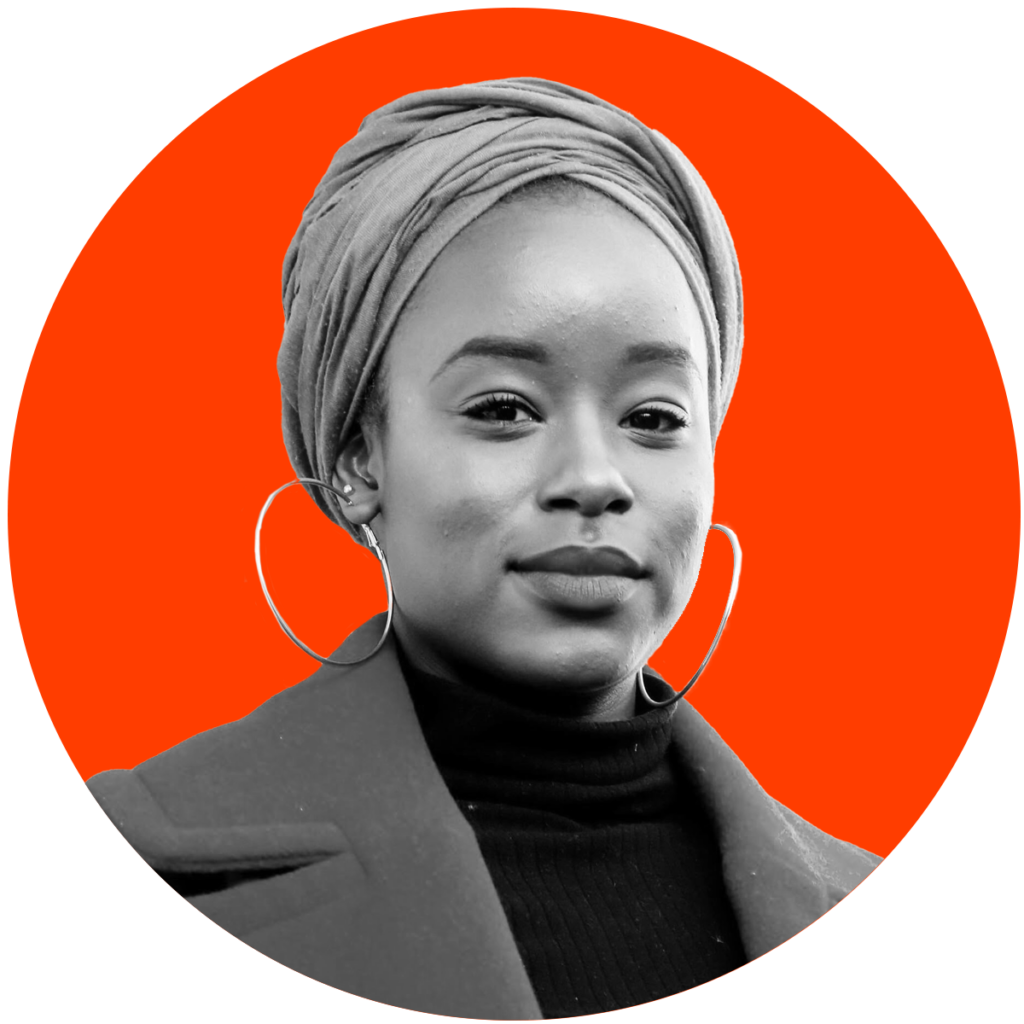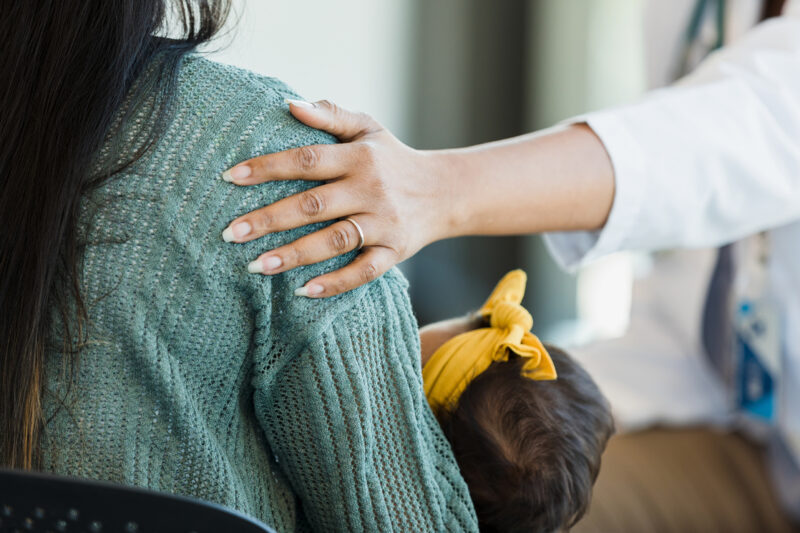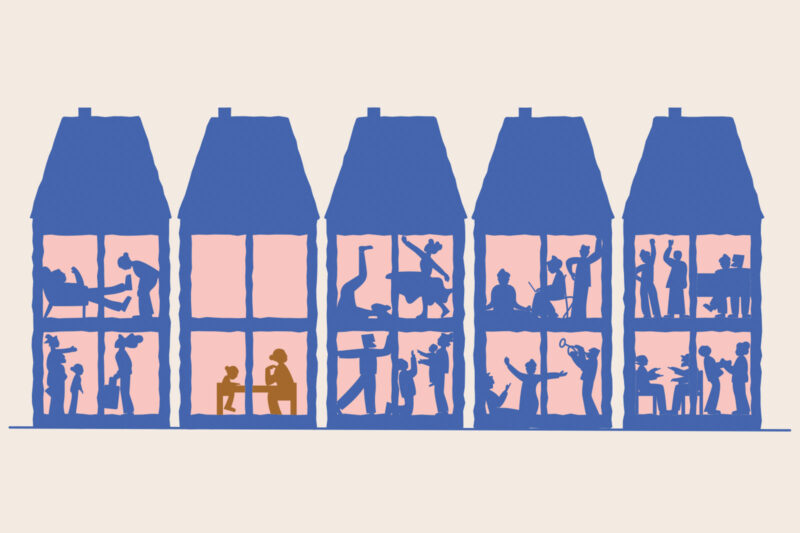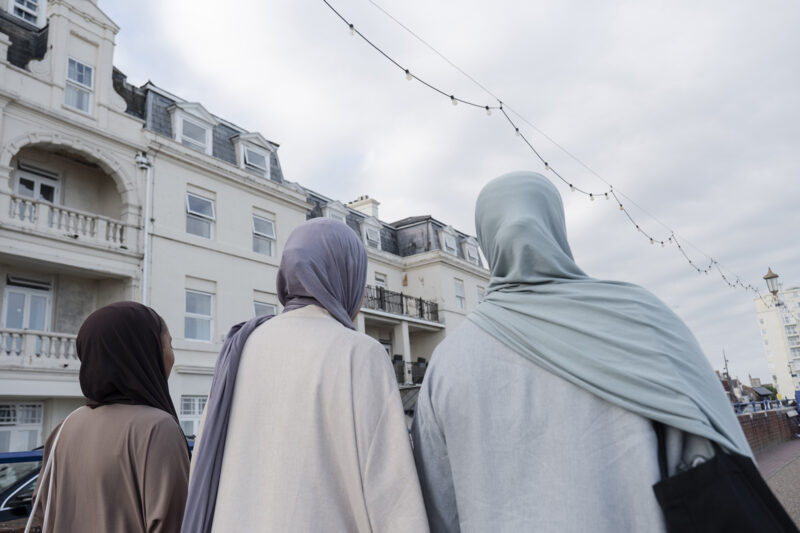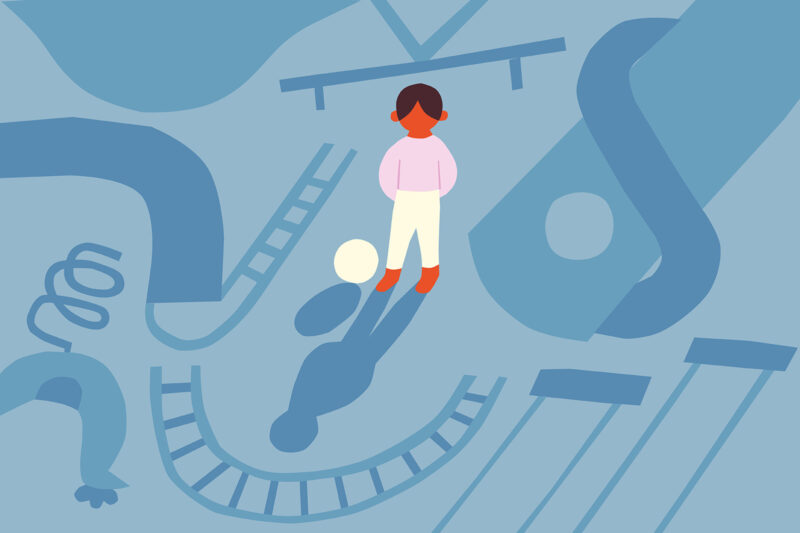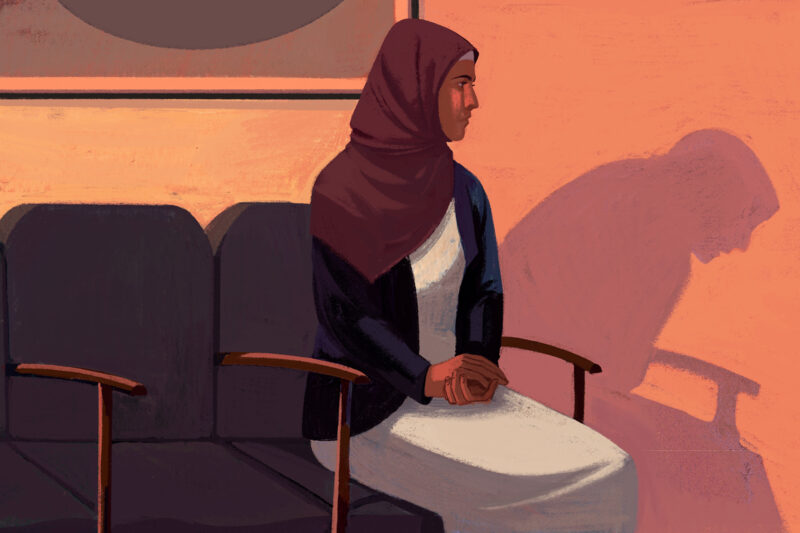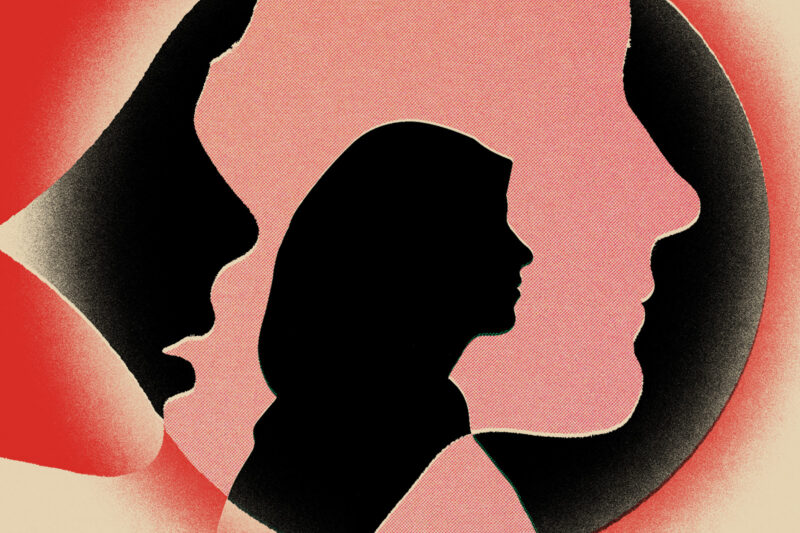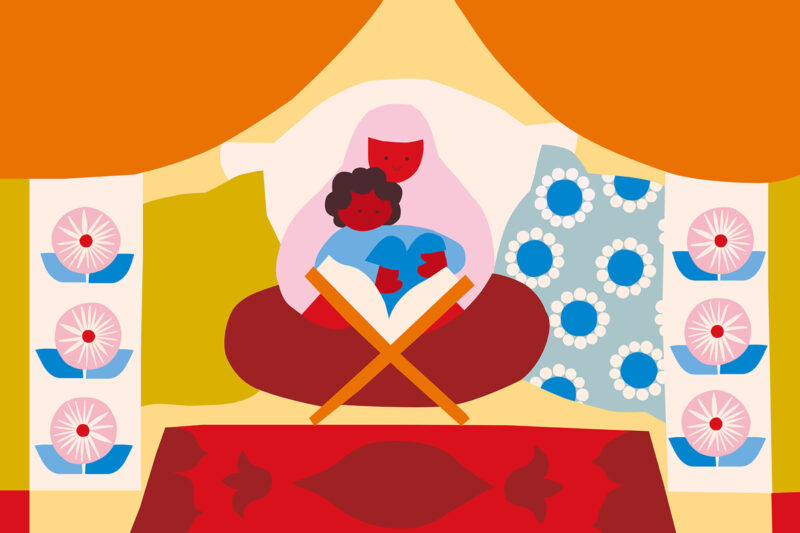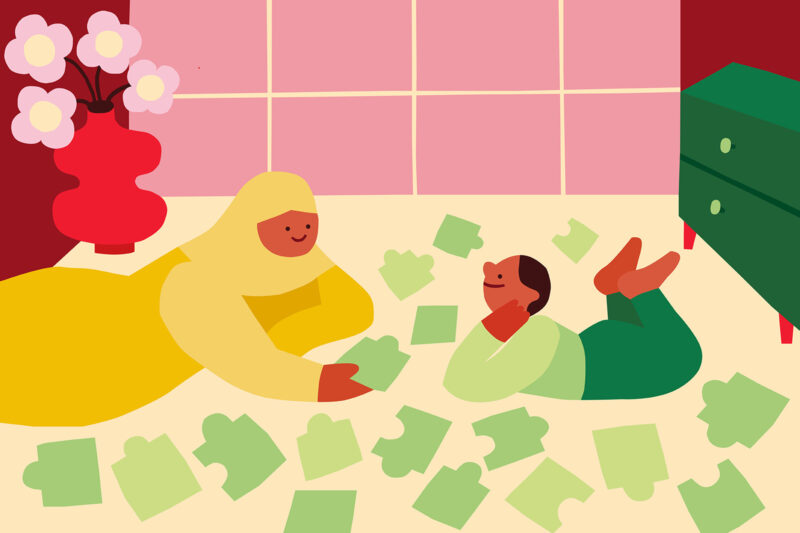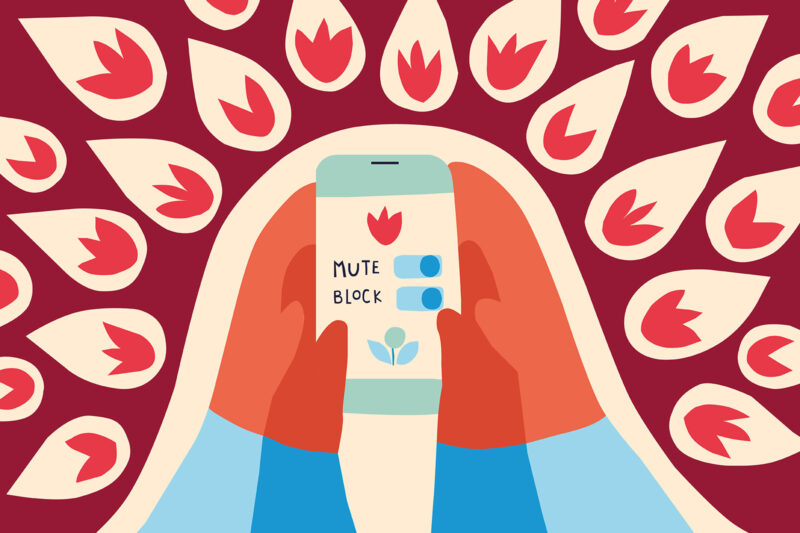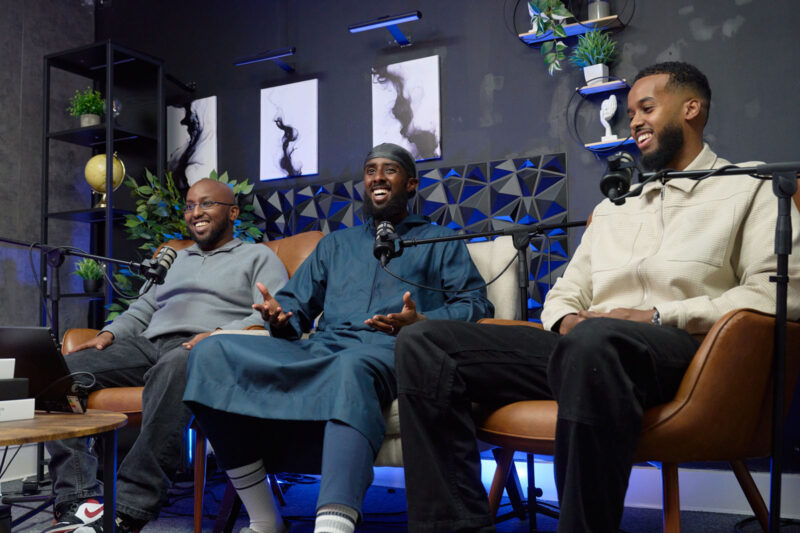When children raise children
Around the world, eldest daughters are frequently called upon to take on adult responsibilities, especially caring for their siblings
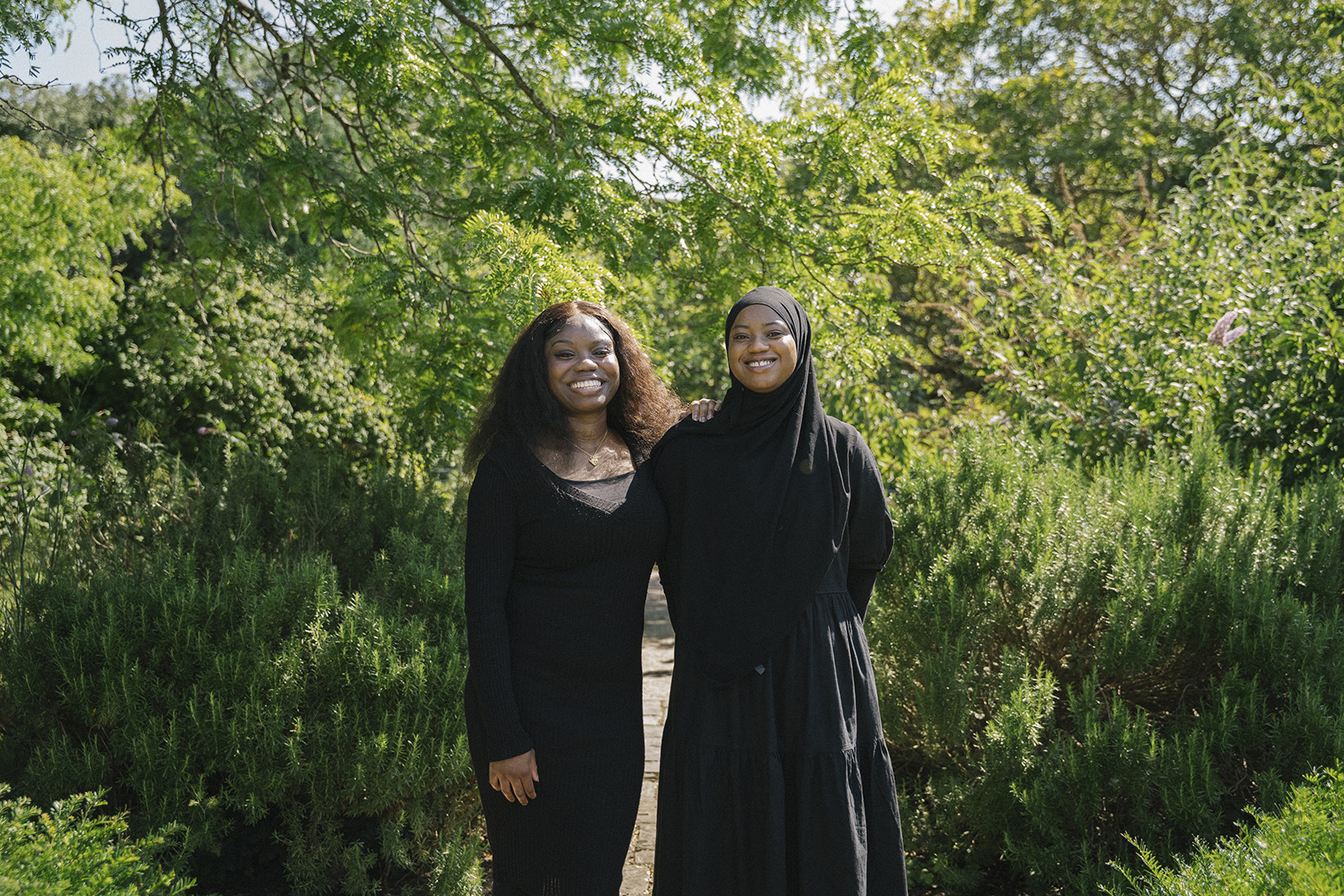
Ever since she was a teenager, Motunrayo Abdul-Mojeed has acted as a second parent to her younger siblings. Those care duties began at the age of nine, while her mum ran quick errands. Then, when she was 14, her parents separated and her mother needed much more support.
When Abdul-Mojeed’s friends hung out together and took part in extracurricular activities, she had to pick up her three sisters from school, cook and help with their homework. Sometimes she accompanied them on school trips and attended parents’ evenings while her mother put in long shifts as a care worker.
“I felt like I was a homemaker from a very young age,” she says. “I’ve gone through the motions of raising children and making a house a home so much so that I feel like I’m already tired of raising kids and questioning whether I even want my own in the future.”
Now that her sisters are adults, Abdul-Mojeed, 30, has had time to reflect on the effect of those responsibilities and how much of her own childhood she missed out on. The London-based entrepreneur has cycled through a range of emotions, from resentment to eventual understanding and acceptance.
“I used to feel the weight of the world on my shoulders, but now that my sisters are older, I can be more relaxed,” she says. “I viewed all my responsibilities as a chore, but now I can see that those experiences were a blessing from Allah and that looking after my sisters is a form of worship.”
Wider cultural attitudes placed further expectations on Abdul-Mojeed, with family members emphasising the need for her to be a good role model for her sisters.
“There was this stereotype within our community that if a woman raises girls alone, they’re going to end up going down the wrong path,” she says. “So I felt the pressure to be there for everybody and the need to make sacrifices to ensure everyone else was happy.”
The 2021 Census reported that in England 120,000 children between the ages of five and 17 are relied upon to care for family members. A recent study published by the University of California, Los Angeles, also shows that first-born daughters tend to mature earlier than their brothers and younger sisters — both physically and cognitively — making them more capable of assuming care-giving roles.
Taking on parental duties is a reality for many eldest daughters around the world and often tied to cultural and religious obligations. In recent years, a growing number of women online have begun to refer to the effects of such expectations as “eldest daughter syndrome”.
In a post that has attracted almost 13,000 views in April 2024, one TikTok user spoke about a nagging feeling that she has to live her life to please others and the deep-rooted fear of failure that came from being an eldest daughter. In another video that has gained more than one million views, a psychotherapist explained that the pressure placed on eldest daughters can go on to affect their own parenting styles and relationships.
Now, support groups are springing up to help. Founded in 2018, the London-based Home Girls Unite runs monthly social events, hikes and theatre trips for eldest daughters. It also hosts “rant sessions”, a monthly in-person group session, produces a podcast and has created a WhatsApp group where users can vent their frustrations.
Home Girls Unite has developed a global reach, with women joining its online events from as far away as Malaysia, Canada, and the UAE. In August 2023, the group launched an annual Eldest Daughter Day to recognise the vital role such young women play worldwide.
Before Sahra Abdulrehman, 27, joined Home Girls Unite, she had never heard of eldest daughter syndrome and viewed her responsibilities as part and parcel of her life.
“Now that people have more knowledge of the concept, they can be more vocal about it,” says Abdulrehman, who is now one of the co-directors of the organisation.
‘The younger me thought it was so cool having my older sister come to my parents’ evening or come and watch my drama performances’
For years, Abdul-Mojeed did not speak to anyone about her experiences, but recently she has begun to talk to her sisters.
“I had to tell them I make mistakes just like them and I also have my own struggles,” she says. “It’s just that I’ve learnt how to pacify myself and regulate my emotions so they don’t see what I’m going through.”
For Abdul-Mojeed’s younger sister, Barakah Oyetunji, 23, the conversation was eye-opening. Growing up, she understood the importance of helping out at home, but didn’t realise that the bulk of that work had fallen on her older sister.
“I knew things were different for Motunrayo, but the younger me thought it was so cool having my older sister come to my parents’ evening or come and watch my drama performances,” she says. “She would advocate for us and really listen and understand us as we were closer in age.”
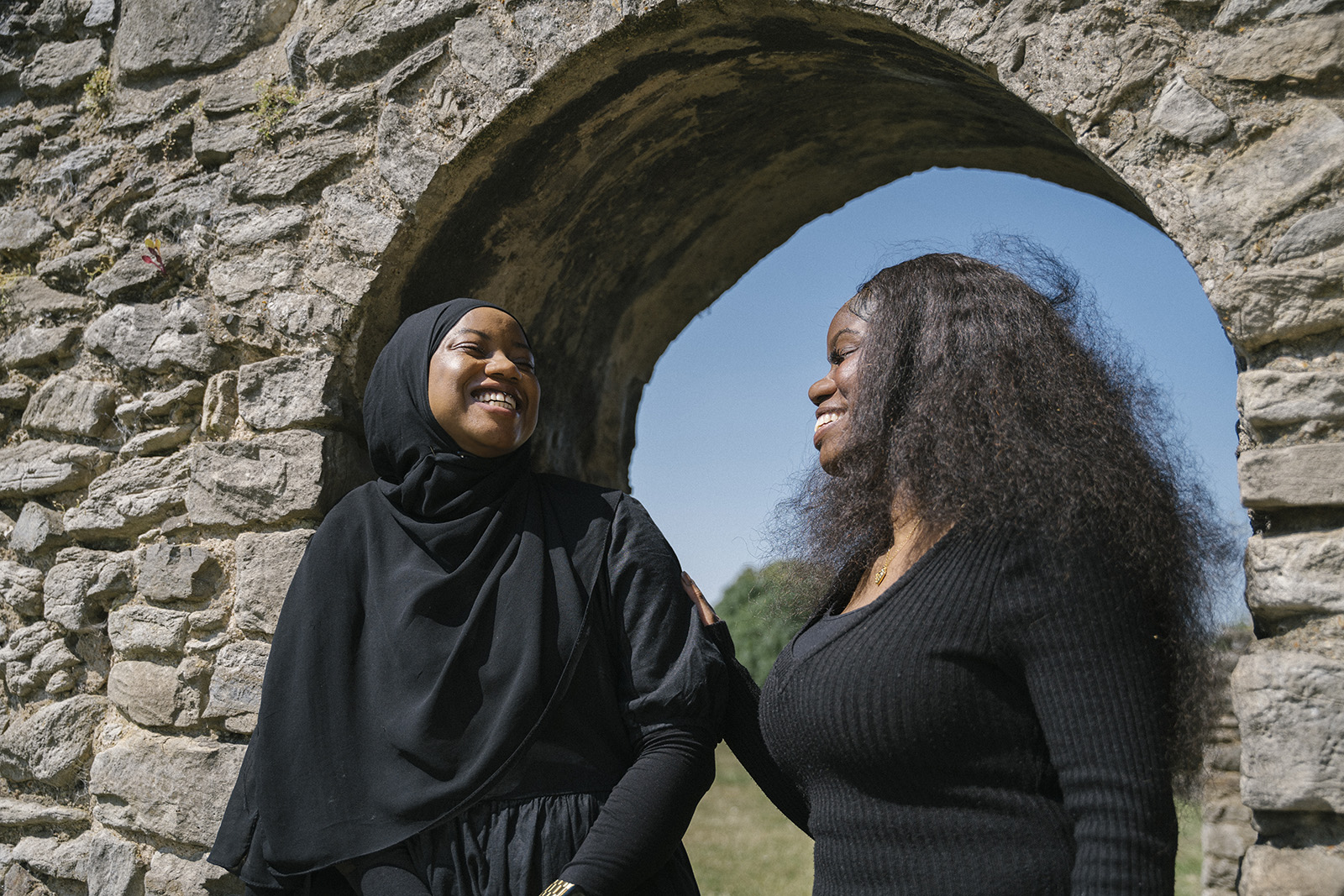
For Nabilah Sani-Omolori, 27, a medical student from Leicester, taking on the role of second parent came more naturally.
Sani-Omolori has three sisters, now aged 25, 18, and 12. When she was 15, her father died and, four months later, she moved from Nigeria to Leicester with her mother and siblings. At first, her grandmother was around to help while her mother worked. But, once she left, Sani-Omolori took on more of the household chores and care duties.
“Over time, it didn’t all feel as much of a burden because of my own personal circumstances and character,” says Sani-Omolori. “I’m a homebody and an introvert, so having to come back home after school and take care of the kids wasn’t an issue for me.”
Still, she recognises that those extra responsibilities forced her to grow up faster and had negative effects on her in later life.
“It all gave me some anxiety over time, especially if I’m travelling. I feel like I have to make sure the house is in order before I leave because I don’t want to put my mum under any more stress. Being the house manager is probably the biggest downside in all of this,” she says.
As for Abdul-Mojeed, after years of prioritising her family she is now putting herself first. Having previously had a steady job in the tech industry, she has recently decided to follow a more independent path and has founded the wellness app Anfaani, which focuses on Black women’s mental health.
“I needed to do something for me,” she says. “Yes, I contribute financially to our home, but I needed to take this risk for myself and not think about any other responsibilities. I’m actually thinking about myself and I think that’s the first time I’ve done that. It was a lot to reckon with for a while, but I feel like now me and my family are all in a better place.”
 Newsletter
Newsletter

